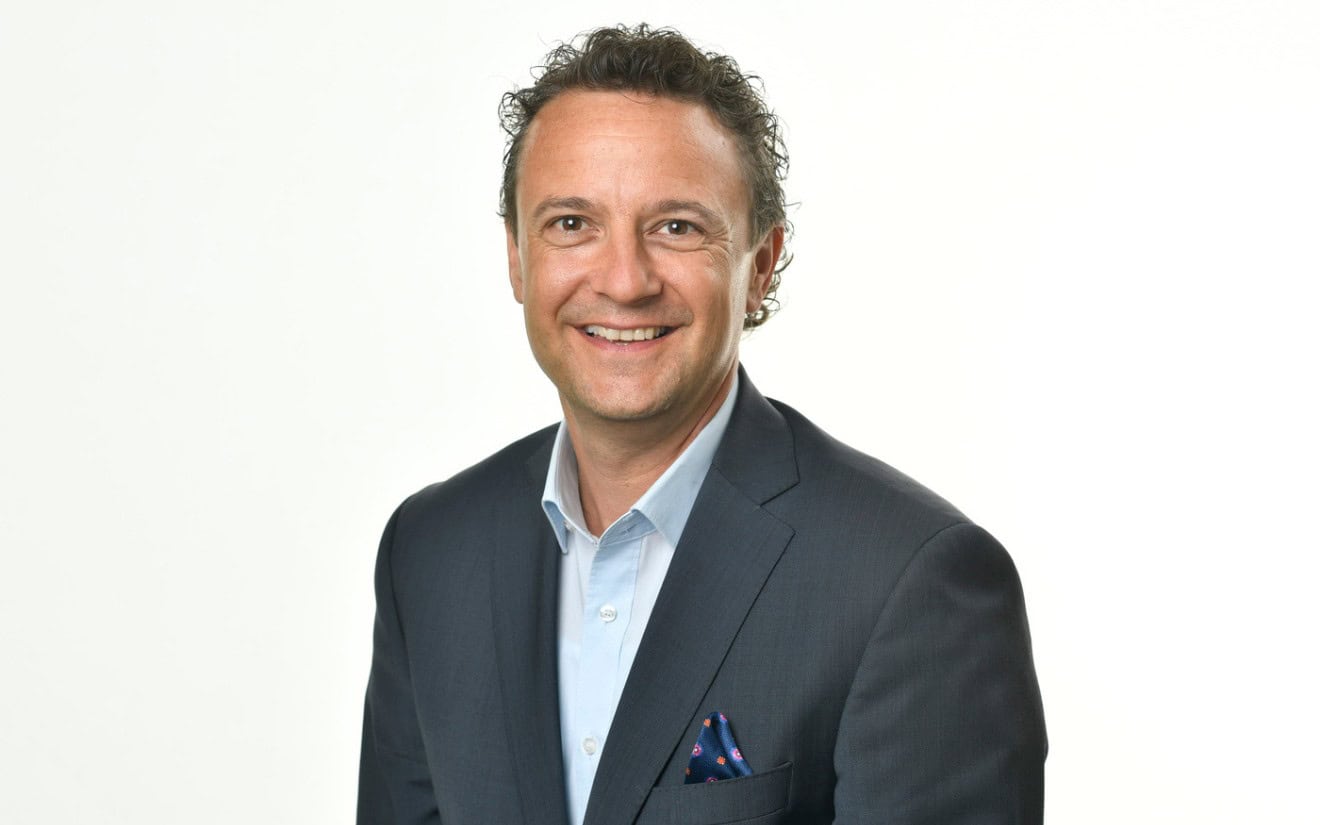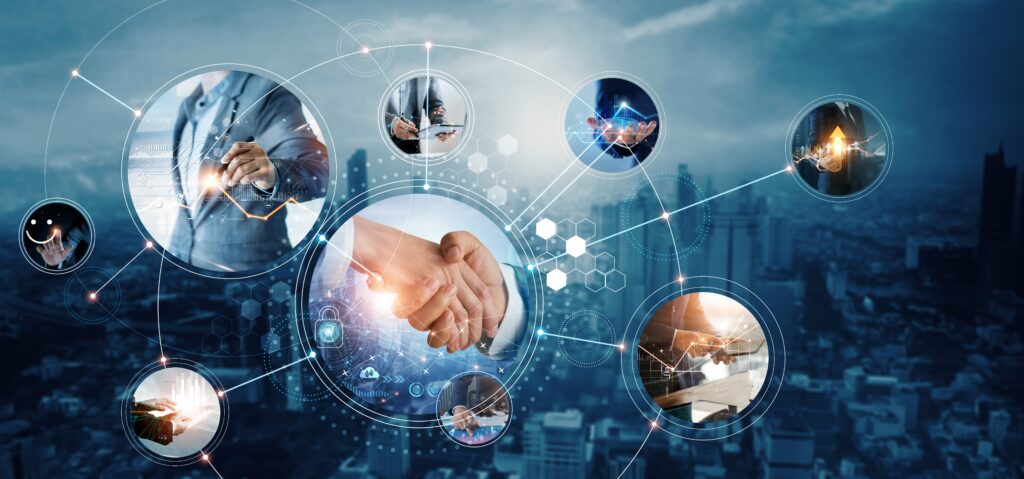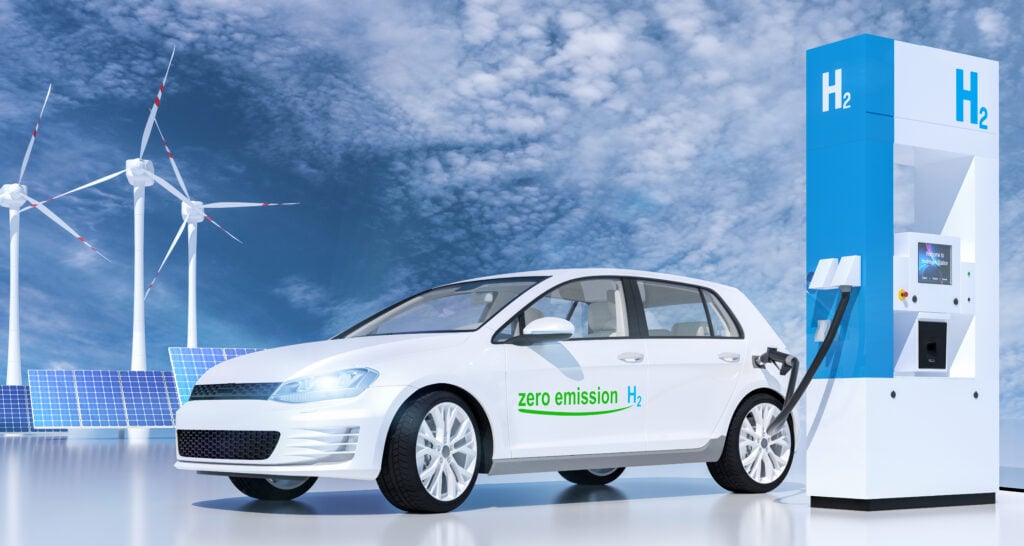

Nothing is as constant as change. In contrast to short-term changes, megatrends are the background noise in the transformation of our society. These changes occur slowly but inexorably. They affect all levels of society and have an impact on companies, institutions and every individual. These megatrends form the basis for decisions in business, politics and on a personal level.
In this post, we take a look at the 4 Megatrends 2023 and what they mean.
For almost 25 years, the Zukunftsinstitut in Frankfurt has been studying the developments that will change our society in the long term. Unlike short-term fads or hypes, megatrends are characterized by a duration of several decades, affect all areas of life, can be found globally and are multidimensional. Topics such as globalization, individualization, new work, connectivity, health and demographic change are currently advancing developments. We have compiled the 4 most important megatrends for companies and employers for you.
Neo-ecology describes the shift toward a new value system in our economic system and our everyday lives. The motto higher, faster, further is complemented by trends such as GreenTec, Sustainability and ESG (Environmental Social Governance). By focusing on sustainability, topics such as conscious consumption, resource conservation and GreenTech are moving into the focus of companies. Consumers are buying more consciously, and companies that align their products, services and marketing accordingly can benefit. At the same time, there is a danger of falling into a greenwashing mentality, which can have the opposite effect.

The economy of meaning (the question of why and for whom) is also becoming more important in this context. Sustainability and the common good, instead of profit maximization and limitless growth. As an employer, this means creating jobs that meet this requirement and communicating the meaningfulness of work.
All over the world, people are getting older and staying fit longer. Demographic change poses major challenges for society, but also offers opportunities if "being old" is rethought and lived in a new way.

It is becoming increasingly clear that "the old" no longer exist. The old are those who stop learning and feel old themselves. Similar to the New Ecology, the megatrend of the Silver Society is leading to a rethinking of anti-aging, growth and performance. Older people's wisdom, life experience and know-how offer companies the opportunity to evolve. However, this means that companies must consciously think about employment opportunities for the 55+ age group and also beyond retirement age. Mindfulness and quality of life play a major role for this age group. Companies can secure a competitive advantage here by offering age-related part-time models and focusing on the needs of this age group.
The main thing is healthy. Health as the basis for quality of life has become strongly etched in our consciousness. In an aging society, the risk of illness and the need for care are also increasing. But younger people are also more concerned with health thanks to sports, conscious nutrition, wareables to monitor body functions and sleep. Fit into old age is the motto. This is where the sports market and the health market merge to form the "medical fitness" trend.

At the same time, mental health is also receiving a great deal of attention through stress management, burnout prevention, and research into medications for neurodegenerative diseases such as Alzheimer's and dementia.
HR assumes part of these tasks in occupational health management. In addition to healthy food in the cafeteria and ergonomic workplaces, increased attention is being paid to dealing with stress and conflict management. Companies can also position themselves here in the war for talent, as workplace design, light, air and greenery are becoming increasingly important, especially for younger employees.
The megatrend of mobility describes the change in the way we get around and travel. During Corona we saw that many business trips were not necessary and this trend continues. At the same time, post-fossil vehicles such as hydrogen and electric cars are evolving rapidly. In major cities, the role of the car is being rethought and parking spaces are being eliminated in favor of slow travel. We will continue to see the bike boom that Corona started, especially in the use of e-bikes.
Travel is taking on a new meaning. Consciously experiencing countries, immersing oneself in culture and sustainability considerations are shaping the travel industry.
Closely related to mobility is the question of supply chains. Corona and in particular the zero-covid strategy in China have made us very aware of our dependencies on China. More and more companies are now engaging in nearshoring and working increasingly with local partners. In addition to greater supply security, shorter transport routes also play a role.

Whereas in the pre-Corona period the main credo was an orientation towards the East and advancing globalization, this trend could be reversed in the post-pandemic period. This will be additionally favored by the sanctions against Russia as a result of the war of aggression on Ukraine as well as the uncertainties with regard to the energy supply in Europe.
Megatrends accompany us in the long term and change our society in the long term. At the same time, it is important for you as a company to observe these changes and adapt to them. After all, the transformation of a corporate culture and the development of new products to meet changing customer needs also take time. Only those who deal with the megatrends in good time will not miss the boat. Many automotive manufacturers, and suppliers in particular, are currently feeling the effects of this.
How do things look for you? Are the topics of neo-ecology, silver society, health and mobility already on the agenda? How are you aligning yourself with these megatrends?
Batterman Consulting Basel AG
Executive Search,
Byfangweg 1a, CH-4051 Basel
T +41 58 680 55 55
basel@batterman.ch